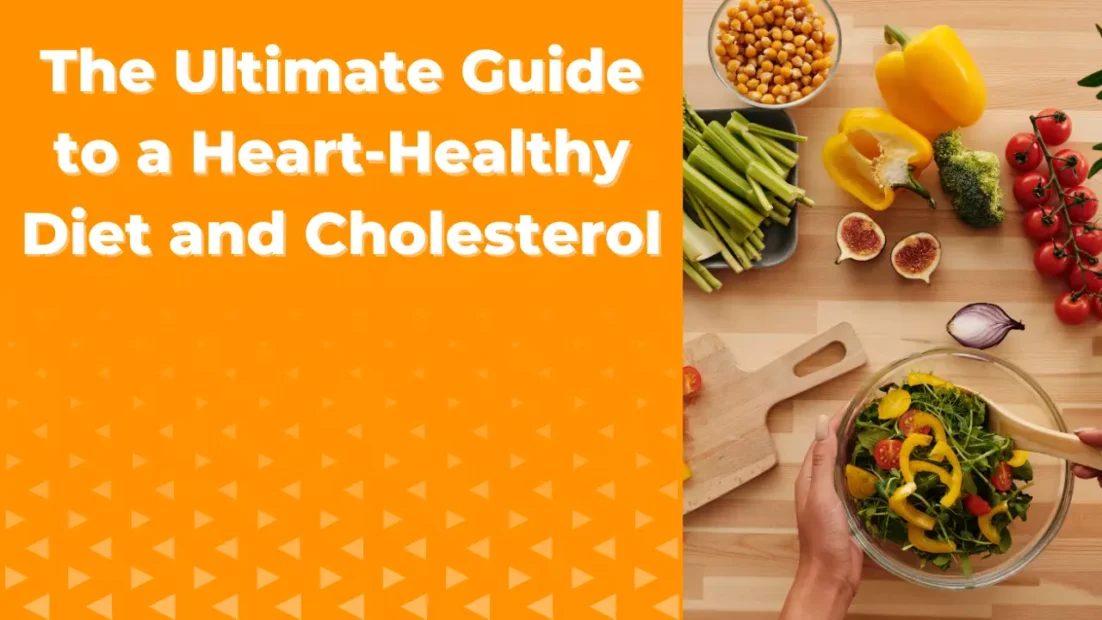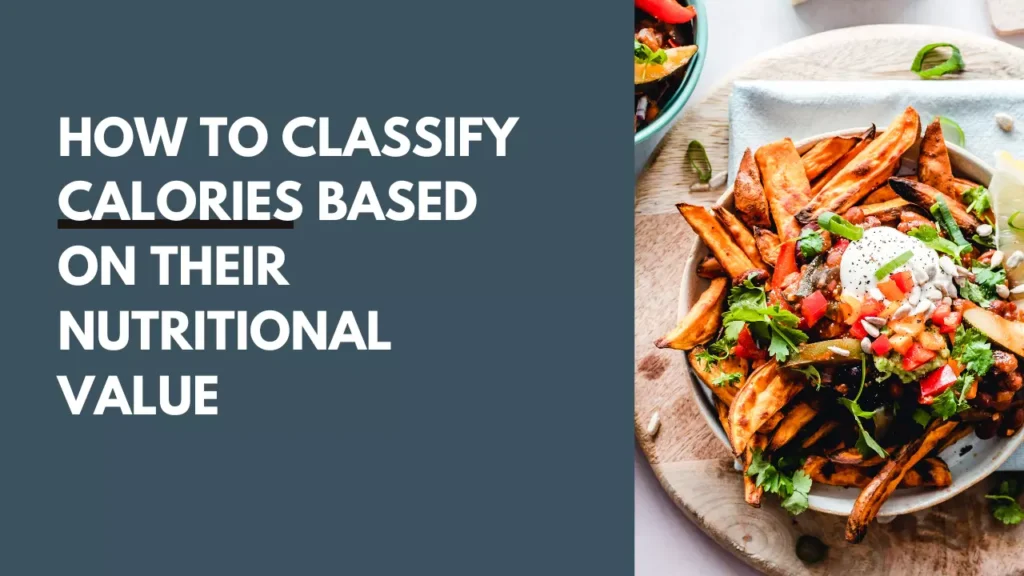
The Guide to a Heart-Healthy Diet and Cholesterol: Maintaining overall good health often involves careful consideration of dietary choices, particularly in managing cholesterol intake. This article discusses essential dietary guidelines, emphasizing the importance of limiting certain foods while incorporating healthier alternatives to support heart health.
Limiting Cholesterol-Rich Foods
To promote heart health, it is crucial to reduce the consumption of specific foods, including fats, especially saturated fats. This encompasses hydrogenated vegetable oils found in many margarines and baked goods, dairy fats, vegetable oil, fatty meats, alcohol, and products made with refined sugars and flour.
Identifying Trans Fats
Animal fats and hydrogenated fats, referred to as ‘trans fats,’ elevate LDL or ‘bad’ cholesterol levels. Consumers should carefully scrutinize food labels for ingredients like ‘hydrogenated’ or ‘trans fats.’ Trans fats commonly originate from cookies, pies, cakes, chips, snacks, and processed foods, frequently combined with refined sugars and flours, worsening their impact on cholesterol levels.
Choosing Heart-Healthy Alternatives
Opt for foods that actively contribute to lowering cholesterol levels, such as fruits and vegetables, which are cholesterol free. Whole-grain bread and cereals, low-fat or skim dairy products, canola oil, extra virgin olive oil, lean meats like chicken, turkey, and fish, vegetables, nuts, and garlic are beneficial choices. Additionally, margarine containing plant sterol esters can aid in lowering cholesterol.
Embracing Fiber-Rich Foods
Foods rich in fiber offer the added benefit of aiding in the absorption and elimination of cholesterol from the intestines. Incorporate high-fiber options like fruits, whole grains, vegetables, and nuts into your diet. Certain fruits like citrus, apples, cranberries, and blackberries, high in pectin, are particularly effective in reducing cholesterol levels.
Initiating Lifestyle Changes
Implementing significant lifestyle and dietary changes can be challenging, especially when habits are deeply ingrained. Start with small, achievable goals, such as transitioning to low-fat dairy and whole-grain bread. As these changes become habits and taste preferences adjust, gradually introduce additional modifications, like incorporating more fruits and vegetables and eliminating sugary beverages.
Adopting a heart-healthy diet involves a mindful reduction in cholesterol intake and a gradual shift towards nutritious alternatives. While making lifestyle changes may seem daunting, persistence and patience are key. By taking small steps and allowing time for adjustment, a healthier and sustainable diet can become a lasting habit, contributing to long-term well-being.



